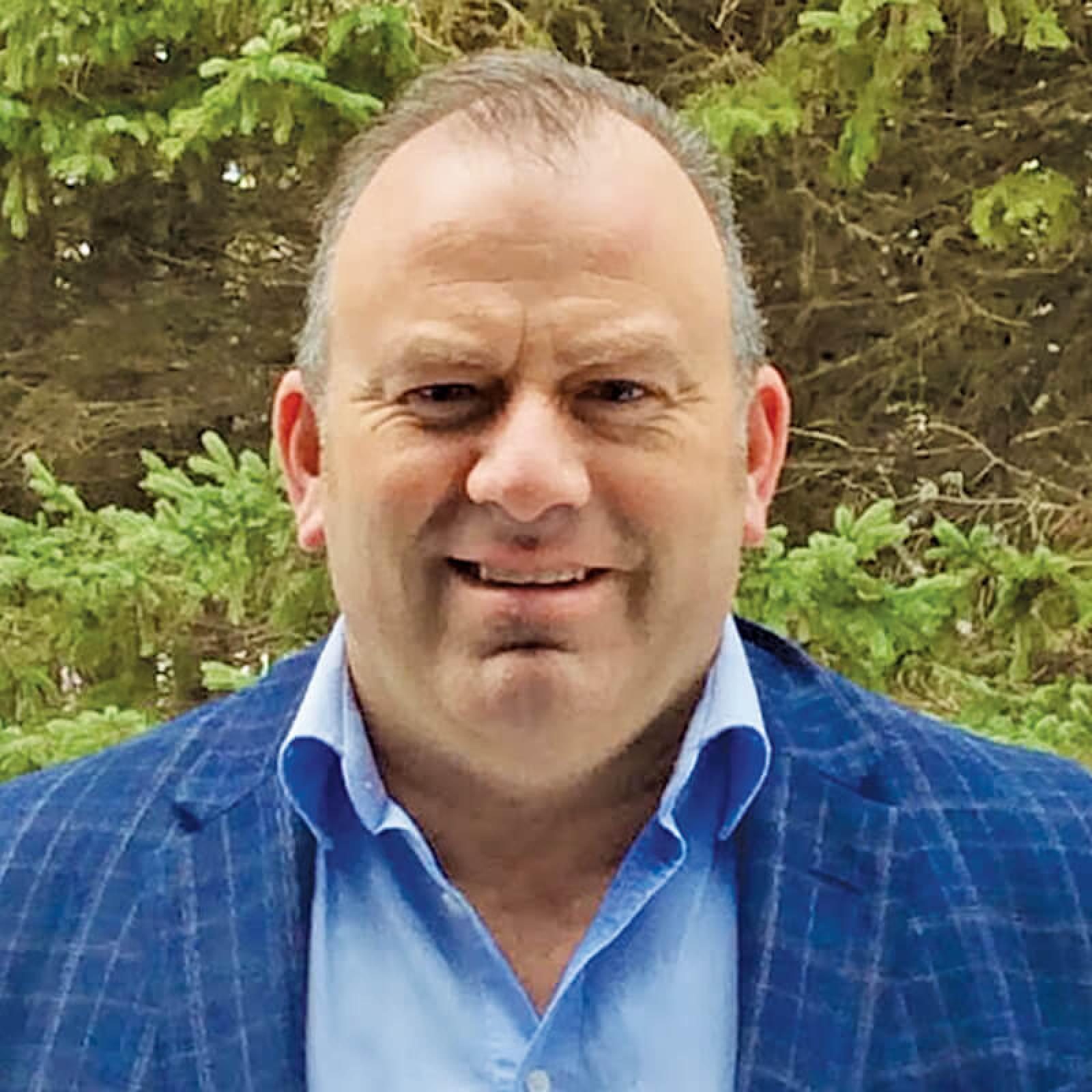February 1, 2019

Brent Ayles
Business succession takes many years
Start now
Many business owners ask when they should start planning for succession. The answer is NOW. Any well-defined business plan will have succession as part of its long-term planning. It’s essential to start this. Key word is Start.
It will never be perfect. It will always be changing. It will always take adding and subtracting. But the best thing to do is just Start: Now.
Some of the best advice ever given was that, “paperwork makes good relationships.”
Whether it’s a client, business partner, employee, or future family member, paperwork takes away ambiguity, confirms promises, and holds people accountable to agreed-on terms. Succession may be the largest transaction many people handle in their lifetime, and it should be treated as such. It’s taken many a lifetime to reach this point.
First: Draft your succession plan
Ensure your plan is written out, printed and filed where it can be easily found. Make sure it is easy to understand. Write out paths for potential employee ownership, family member succession, and/or a private purchase. Make a list of expectations for BOTH SIDES, and have them printed, signed, and kept on file.Second: Seek wise counsel
You will need legal and accounting counsel. Plan for it, and draft out your plan. Discuss with other shareholders and stakeholders, which may include clients and suppliers. You want the transition to be as seamless as possible, ensuring good relations for the next generation of owners.Ask for help! Your accounting professional will help advise the most effective way to transfer shares, sell the company, and all the other options. Good legal counsel will advise on the proper transactions and written documents to protect both original owner and purchaser.
Third: Test the market
Seldom, if ever, is something worth what you think it is. So ask 70 per cent more, subtract 33 per cent, add 47 per cent and you are about where you should be. There are ways in which businesses are evaluated for purchase — it happens every day. Buying a competing, lateral-growth company that complements your existing business is the fastest way to gain market share. Just be a realist — ask others and test, because this should never be your only plan for retirement or succession. The values of good will, assets in equipment and inventory, buildings and property, and long-term contracts have all become more volatile in recent years. Consider your large-scale global economy, then Western economy right down to the country level, and then your local economy. They are all 100 per cent connected. How?Major steel equipment used in landscaping is manufactured in mass quantities outside our continent, affecting long-term value of assets. The entire world economy rises and falls on the price of oil. Understand how that affects our economies — nationwide and provincially. Most consumer buying behaviours are heavily influenced by local government. Learn to realize and be aware.
Many things should be considered when evaluating a company and determining value. The number one asset is always long-term retained earnings, showing good solid management and a steady track record through the highs and lows of fiscal years. This affects everything right down to your succession plan, market value, financing, etc. I have always been told the one that dies with the most equipment doesn’t win — the one with equipment working is the one that wins. Don’t get caught up in thinking equipment is a huge asset in business worth evaluation. I am not saying it doesn’t have value, but just stating most new start-ups can get financing as easy or easier than a 25- to 40-year-old company. It’s just the market. Cash still wins and always will. The best operating companies grow cash. The book “Scaling Up” by Verne Harnish — Chapter 9 on CASH — is a must-read!
Fourth: Work the plan
We have all seen the difficulties associated with lack of planning. It could be a family business that was not properly structured, a story from a friend, or a business book written about a large company’s history. That’s how the world makes stories — on other peoples’ misfortunes.Take the time. Most only do this once in their lifetime. Draft it. Counsel it. Test it. Work it! It’s never too early to start.
Brent Ayles is president of Ayles Natural Landscaping, based in Riverview, N.B.